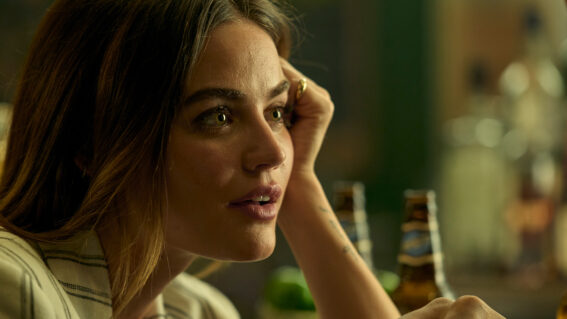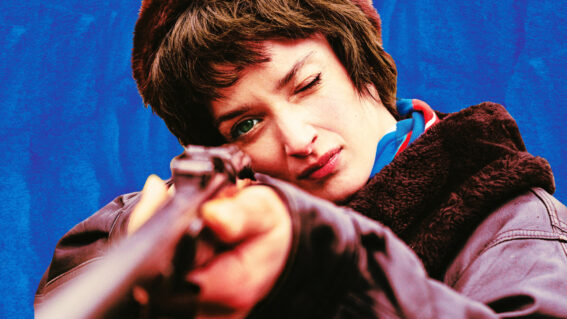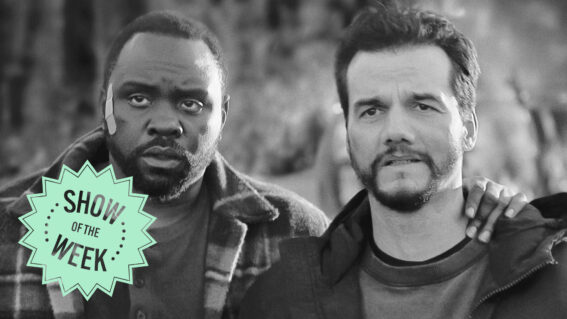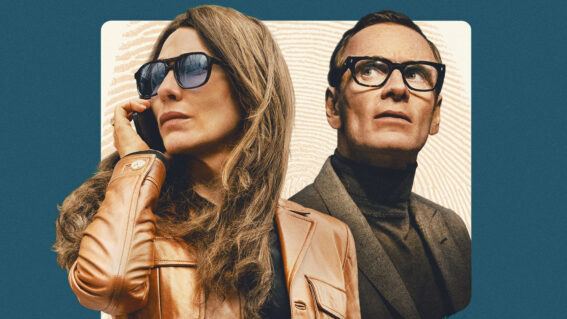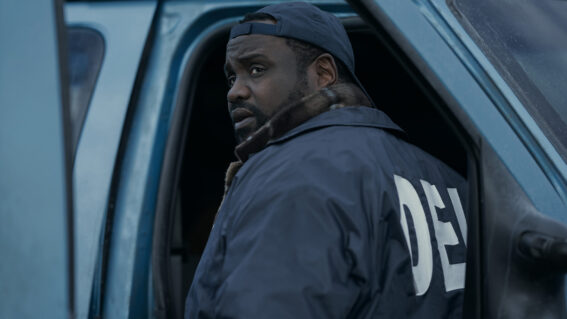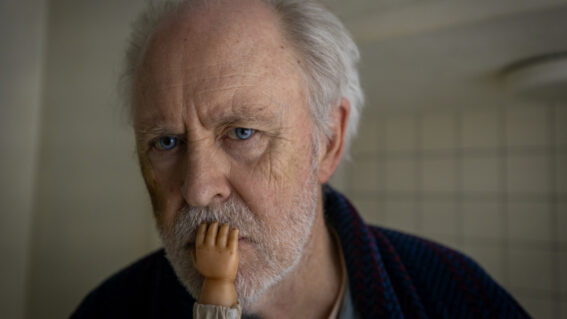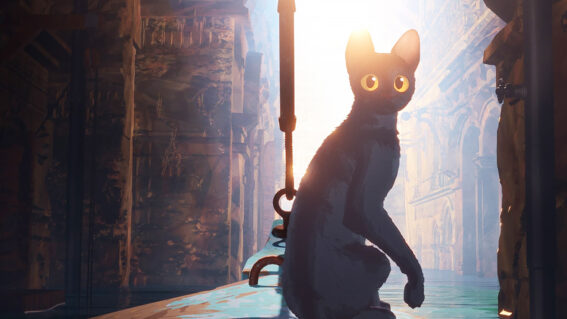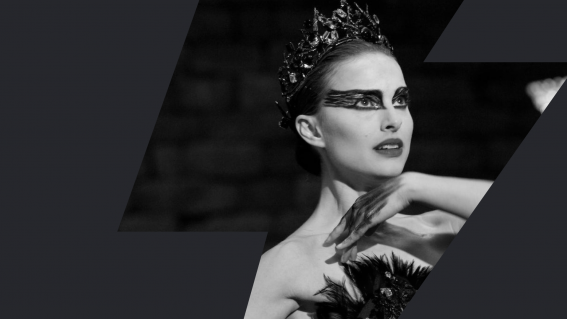Archive of Australian movie capsule reviews
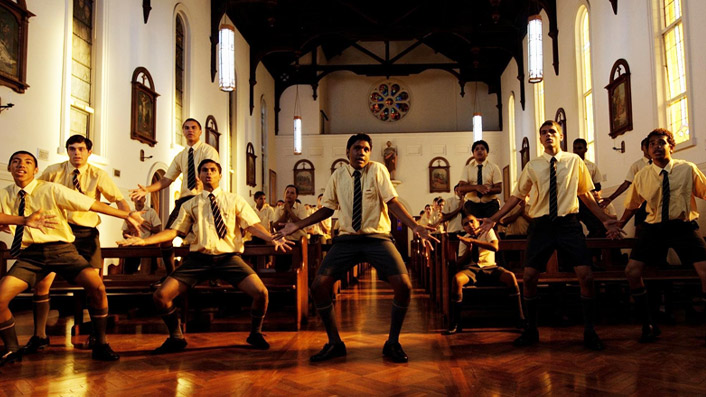
Here we’ve preserved Travis Johnson’s short but sweet reviews of vital Australian movies, formerly available to stream on Netflix or Stan. Click each film title to see their new streaming homes.
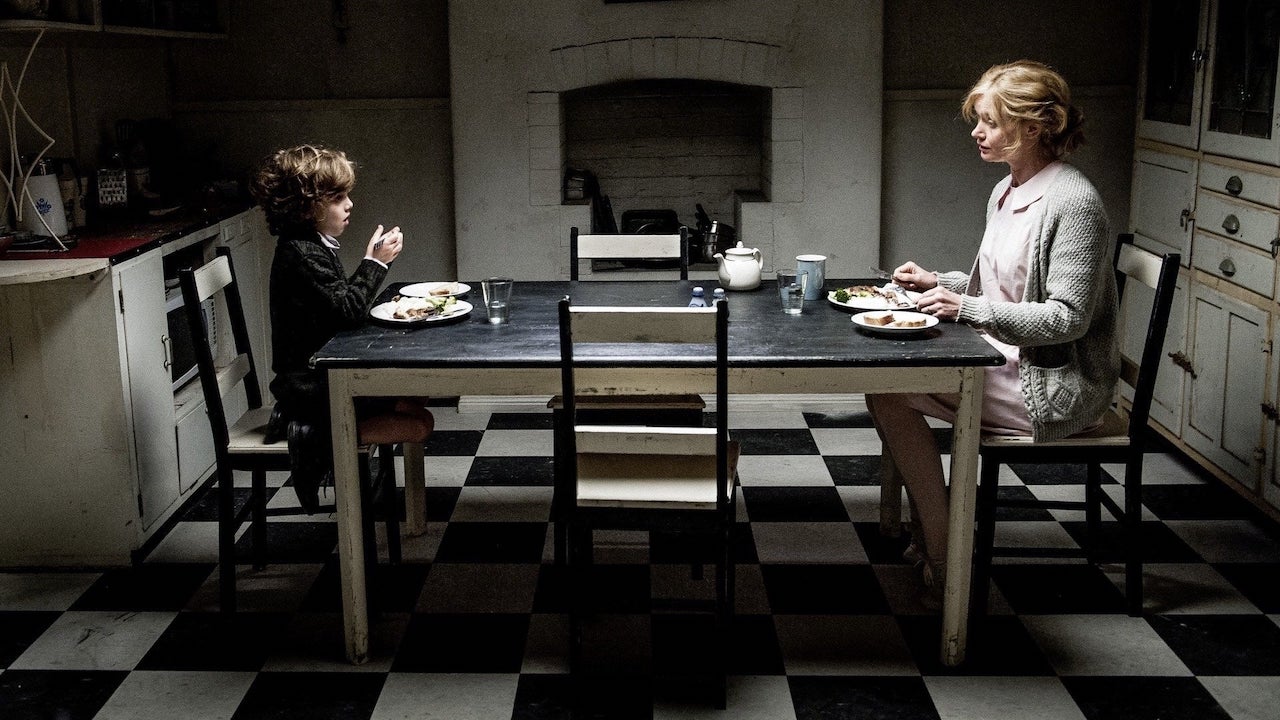
The Babadook (2014)
Exhausted widow Amelia (Essie Davis) is raising the kid from hell in the form of troubled six-year-old Samuel (Noah Wiseman), but the little guy’s seemingly unmotivated outbursts and screaming fits are nowhere near as weird as what happens when a creepy kids’ picture book entitled The Babadook finds its way into their home. What—or who—is the Babadook? And who is its chosen victim? Jennifer Kent’s directorial debut was granted New Classic status immediately on release, and it’s not hard to see why: what begins as a standard “cursed object” tale soon evolves into a mediation on grief, anger, toxic motherhood and more. Simply one of the best horror movies Australia has produced in yonks.
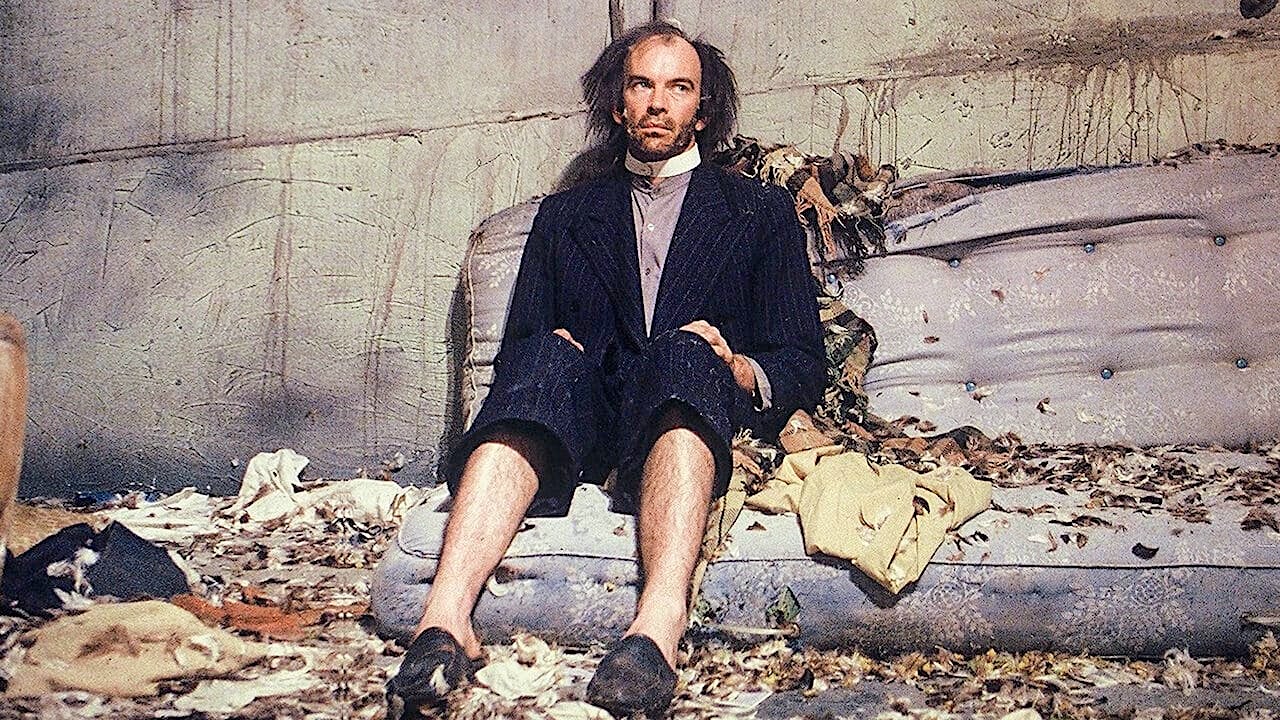
Bad Boy Bubby (1993)
Rolf de Heer’s chaotic and controversial breakthrough film stars Nicholas Hope as Bubby, a 35-year-old man kept confined in their tiny apartment since birth by his abusive mother. Let loose on the outside world at last, Bubby tries to make his way as best he can, with hilarious and shocking consequences. Notorious from the second it was released, Bad Boy Bubby is by turns riotously funny, deeply disturbing, insightful, sardonic, surreal and confronting. Move this to the very top of your viewing list.

Below (2019)
Ryan Corr’s desperate grifter takes a job at a refugee detention centre under his stepfather (Anthony LaPaglia) and starts streaming cage fights between the inmates for cash. However, his conscience gets woken by the plight of one prisoner (Phoenix Raei), and he soon finds himself using all his cunning to help him. Maziar Lahooti’s debut feature is a lo-fi sci-fi rich in ideas and righteous anger. And while the budget strains at the seams, its fierce intelligence carries it through.

Breath (2018)
For his directorial debut, actor Simon Baker adapts Tim Winton’s coming-of-age novel. Set in Western Australia’s Margaret River region in the 1970’s, the film charts the maturing of young surfie Pikelet (Samson Coulter) and his best mate Loonie (Ben Spence) as they come under the influence of reclusive surfing champion Sando (Baker) and his alluring girlfriend Eva (Elizabeth Debicki). This being a Winton joint, they must navigate both the mysteries of adulthood and the mysteries of the ocean. Featuring fantastic surf cinematography and a palpable sense of time and place, this is one of the best Winton adaptations going.

Bran Nue Dae (2010)
The first Aboriginal movie musical comes to the big screen courtesy of director Rachel Perkins, who brings the story of young Willie Johnson (Rocky McKenzie), his love for the beautiful Rosie (Jessica Mauboy), and his journey from Broome to Fremantle and back again in the swingin’ (but still pretty racist, yo) ‘60s. It’s a big, colourful, joyful explosion of song and dance, with a belter of a cast including Ernie Dingo, Missy Higgins, Geoffrey Rush, Magda Szubanski Dan Sultan, and more. An absolute delight.
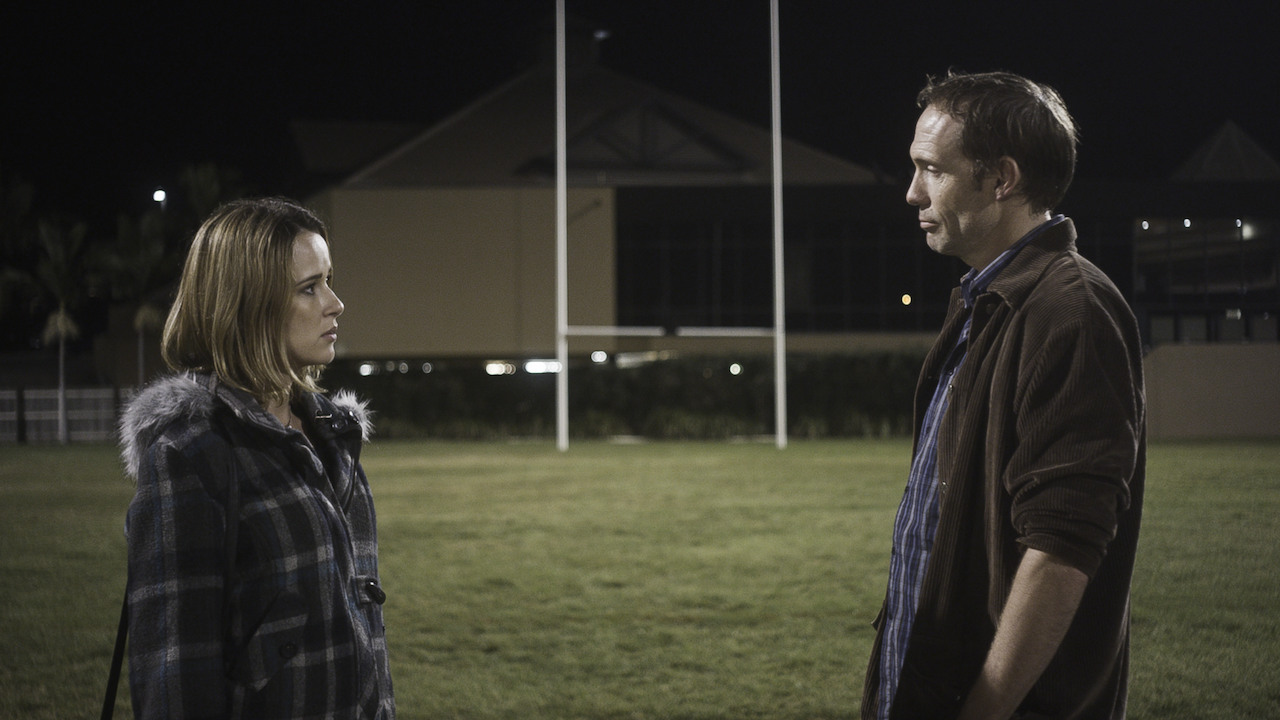
Broke (2016)
Book Week director Heath Davis’s debut film is built around a stunning performance by Steve Le Marquand as former rugby league hero Ben Kelly, who has sunk into addiction and depression since his time in the limelight. Redemption beckons in the form of a helping hand from ageing fan Cec (Max Cullen) and his daughter, single mother Terri (Claire Van Der Boom), but the question is whether “BK” can give his personal demons the slip. Terse, authentic, and unsentimental, this is a genuinely great Australian drama.
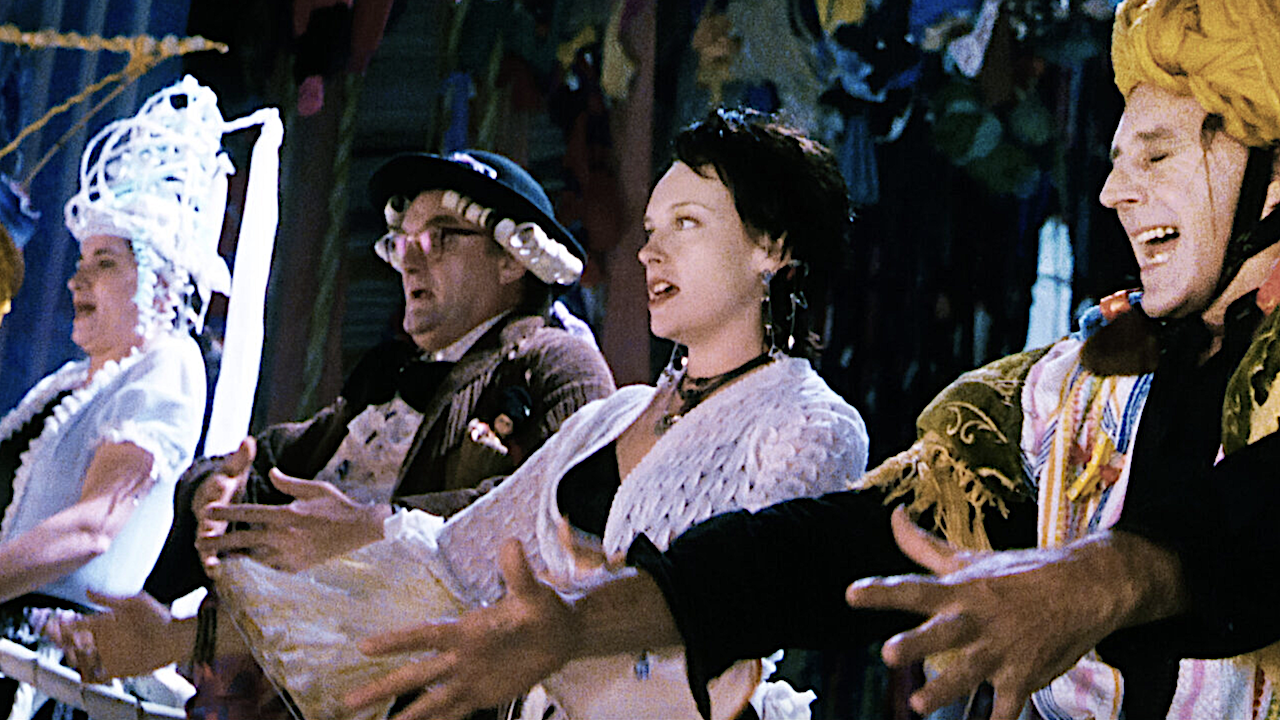
Cosi (1996)
Cosi contains everything an Australian film should: heart, soul, humour, grace, wit, warmth—and Mendo. Here Ben Mendelsohn is a young man who scores a gig as a drama teacher at a psychiatric facility, ultimately rallying the inmates in a swing-for-the-fences attempt to mount a production of Mozart’s opera Così fan tutte. Co-starring Barry Otto, Rachel Griffiths, Toni Collette, Jacki Weaver, David Wenham, Colin Friels and Colin Hay, Cosi is a monument to the healing power of art.
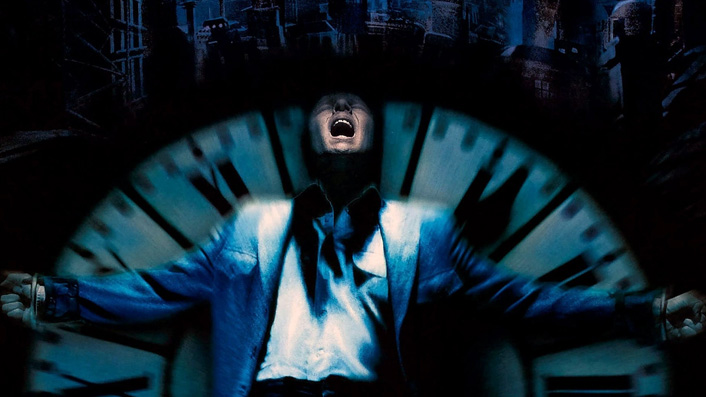
Dark City (1998)
Australian genre specialist Alex Proyas followed up The Crow with this wildly ambitious sci-fi noir. In a vast city seemingly always shrouded in night and rain, an ordinary man (Rufus Sewell) discovers that everything he knows is controlled by The Strangers, a race of creepy albino aliens who can manipulate reality at will. Jennifer Connelly, Kiefer Sutherland, Colin Friels and Bruce Spence co-star in this gorgeous, mind-bending thriller that pipped The Matrix to the “what is reality” post by a full year.
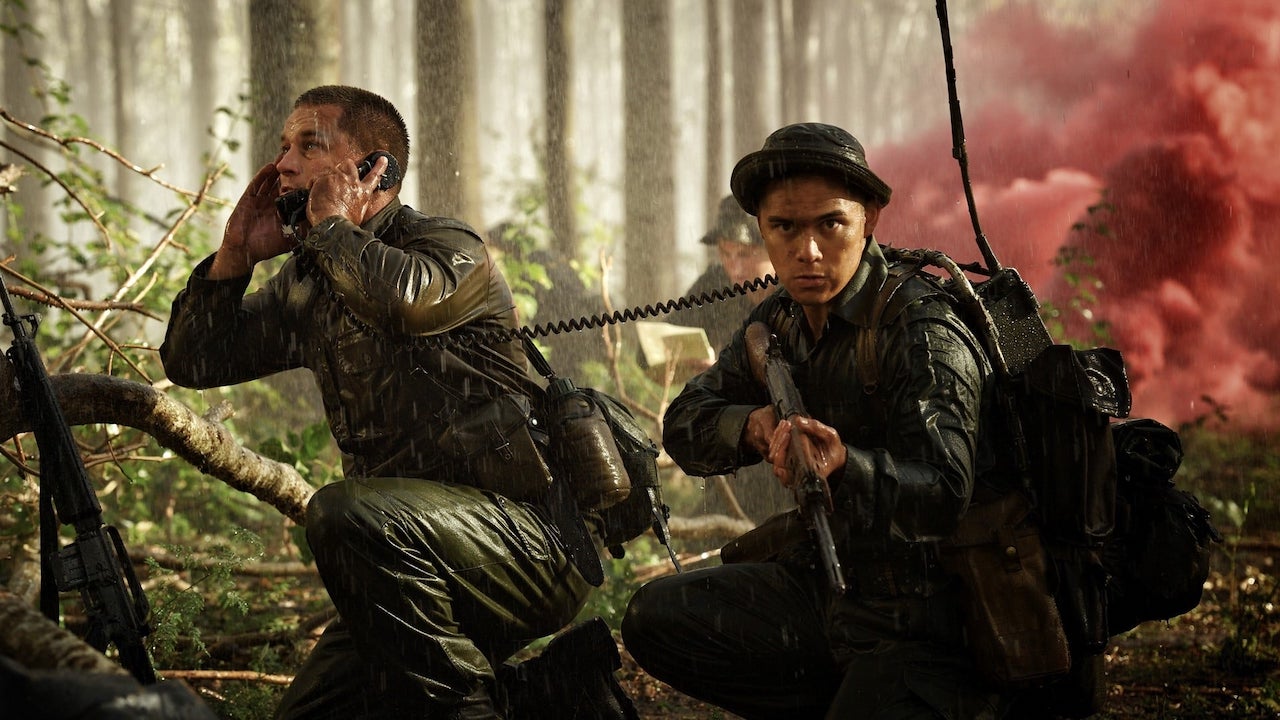
Danger Close: The Battle of Long Tan (2019)
Prolific director Kriv Stenders brings us Australia’s first Vietnam War movie in 40 years, following a brutal battle in the titular rubber plantation between a small Australian force and an overwhelming detachment of Viet Cong and North Vietnamese troops. A who’s-who of young Australian talent—Travis Fimmel, Luke Bracey, Mojean Aria, Travis Jeffery, Aaron Glenane, Aaron McGrath and more—fill out the ranks, with veterans such as Richard Roxburgh and Myles Pollard in support. The resulting film is a blistering account of a single battle that may be deliberately limited in scope, but is ferocious in effect.
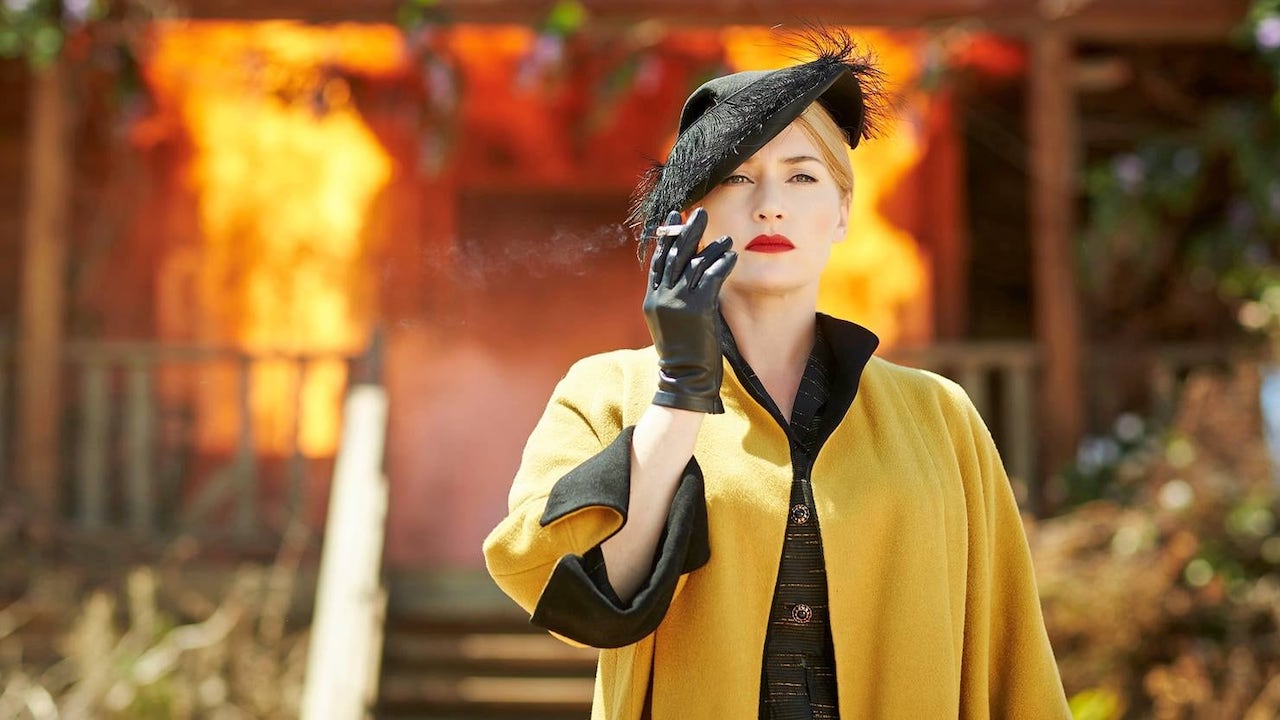
The Dressmaker (2015)
This adaptation of Rosalie Ham’s 2000 novel comes courtesy of filmmaking legend Jocelyn Moorhouse, telling the tale of Kate Winslett’s eponymous seamstress, who returns to her tiny hometown after a decades-long absence to care for her mentally ill mother. As is often the case, her return unearths long-buried secrets, forcing the townsfolk (including Hugo Weaving, Liam Hemsworth, Sarah Snook, and a stacked supporting cast) to reckon with the past.

Hearts and Bones (2019)
Hugo Weaving’s shell-shocked combat photographer crosses paths with Andrew Lurie’s resettled refugee when the latter seeks him out, saying that photos in an upcoming exhibition may contain images of a massacre that took place in his home village. What follows is a poignant exploration of the connections that common experiences can forge between very different people as both men, each scarred by their pasts, learn to live with their trauma.
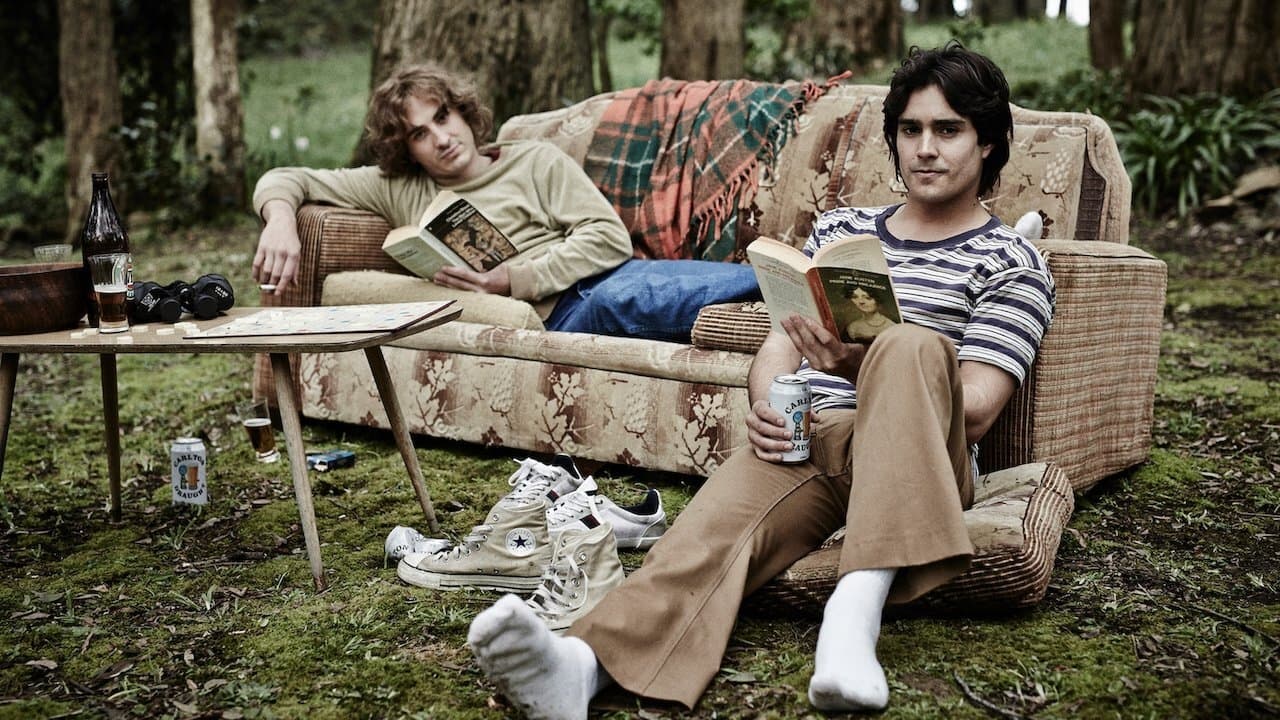
Holding the Man (2015)
Adapted from Timothy Conigrave’s 1995 memoir of the same name, Holding the Man sees Ryan Corr and Craig Stott as a gay couple who first meet in high school in 1970s Melbourne. Tracing their lives and relationship through to the ‘90s, the film takes in the gay rights movement and the tragedy of the AIDS epidemic, but never loses sight of the intimate and moving relationship at his core. Anchored by the incredible chemistry between Corr and Stott, this is a landmark of Australian queer cinema.
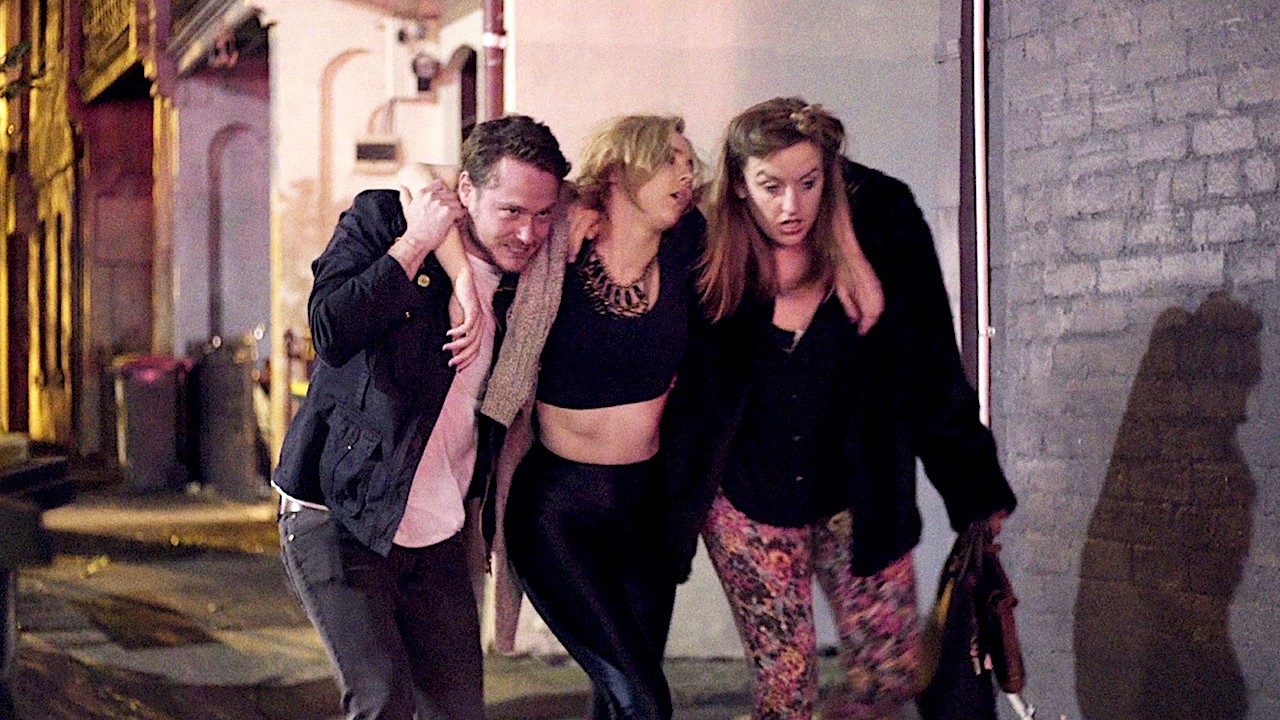
Hot Mess (2019)
This brutally funny micro-budget comedy from debut writer/director Lucy Coleman follows the adventures of young playwright Loz (Sarah Gaul), who is trying to both a) make it in Sydney’s competitive arts scene and b) find romance, possibly with hunky nice guy Dave (Marshall Campbell). The plot is both simple and meandering, but what really matters here is Coleman’s voice, which accurately and mercilessly skewers millennial urban angst with hugely funny results. A gem.
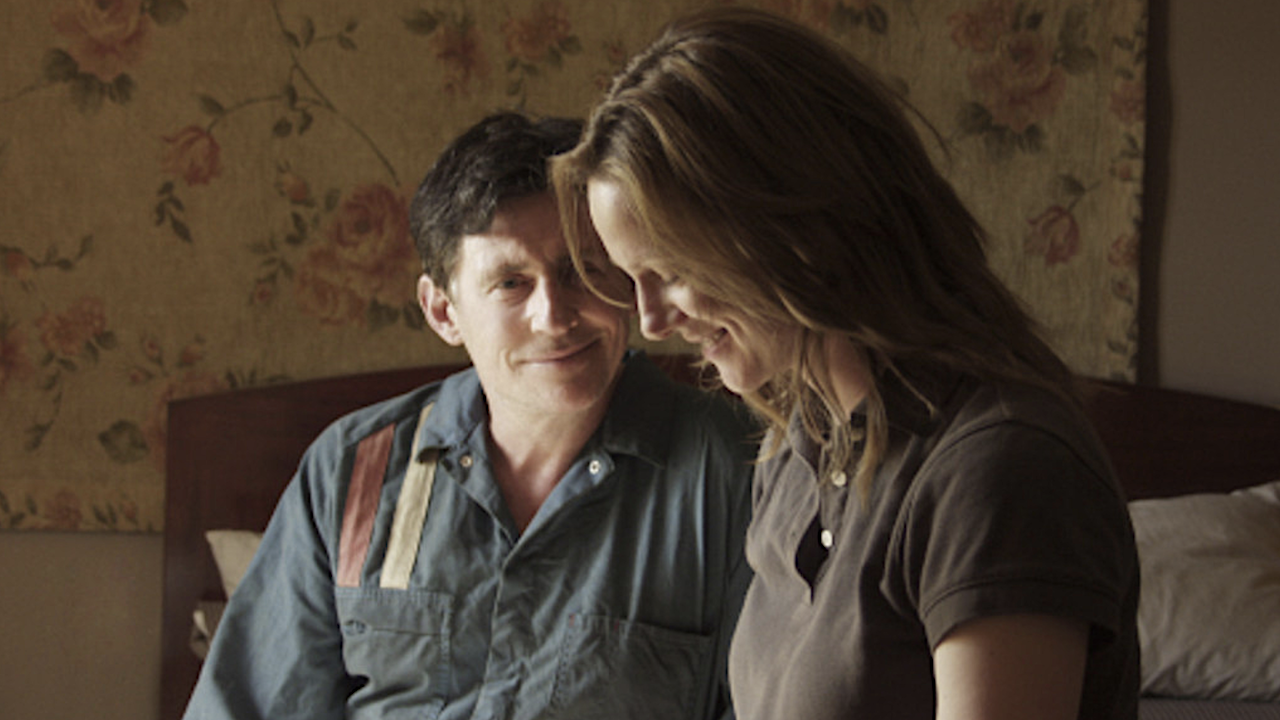
Jindabyne (2006)
Following on from the acclaimed Lantana, Ray Lawrence adapts the Raymond Carver story So Much Water So Close to Home. Gabriel Byrne, John Howard, Stelios Yiakmis and Billy Simon Stone are four friends on a weekend fishing trip who discover the body of a murdered girl. They decide to put off reporting the find so they can finish their trip, forcing their wives (Laura Linney, Deborra-Lee Furness and Leah Purcell) to question exactly what sort of men they are. Lawrence is a master of cutting through the veneer of suburban normalcy to reveal the anxieties beneath; this is one of his finest.
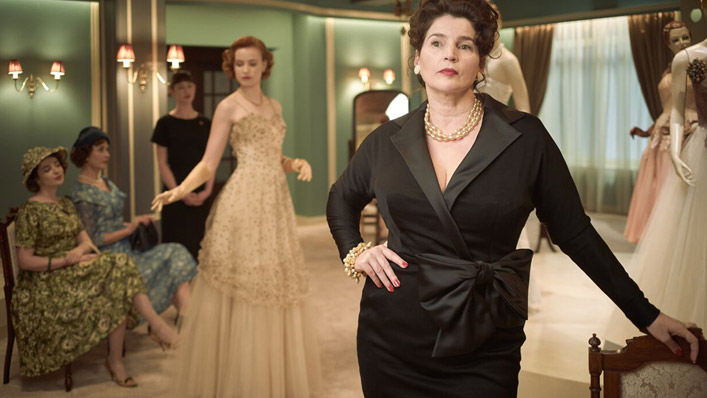
Ladies in Black (2018)
Bruce Beresford adapts Madeleine St John’s book The Women in Black, an account of the goings-on among the female staff of the fictional Goodes department store in 1950s Sydney. Angourie Rice is the ingenue working a holiday job while dreaming of attending university the following year; Alison McGirr is a lonely wife trying to break through to her repressed, working class husband; Rachael Taylor is a woman with a past looking for love; and Julia Ormond is their floor boss, a Slovenian immigrant who brings European flair to the dowdy housewives of mid-20th century Australia. It’s all as warm and delightful as you could want.
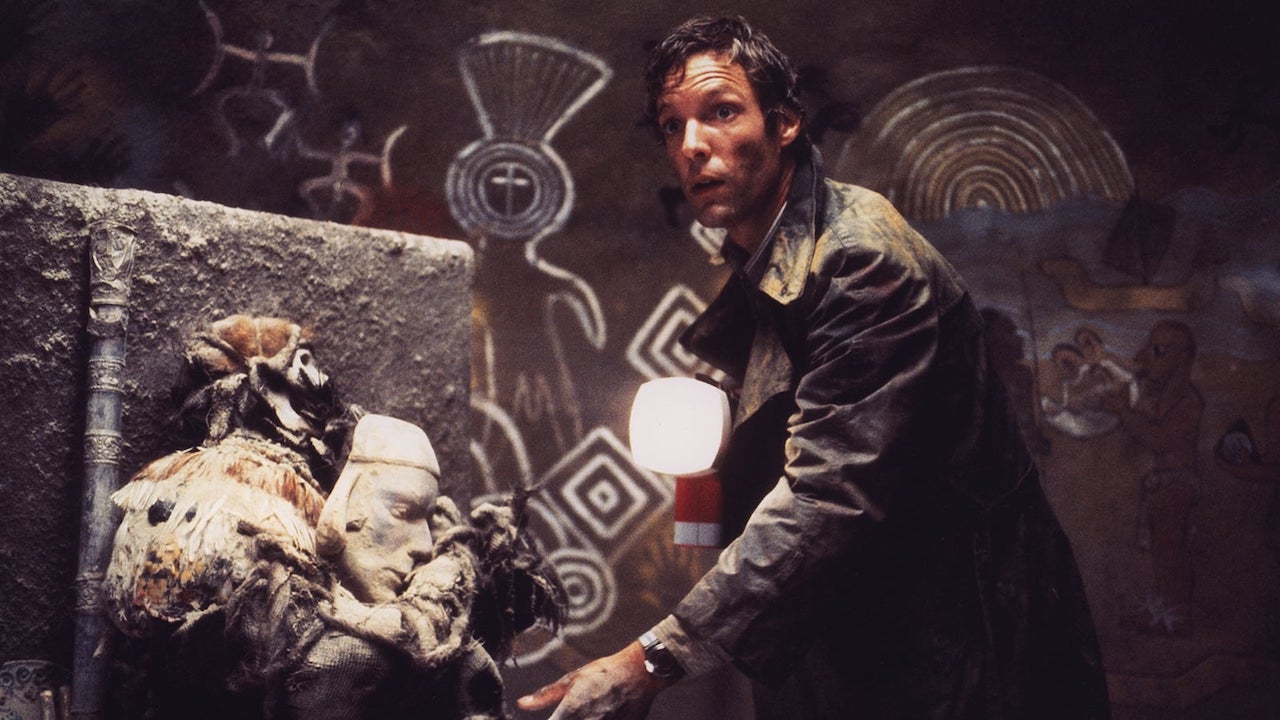
The Last Wave (1977)
The recently retired Peter Weir brings us this culture clash drama in which Richard Chamberlain’s Sydney lawyer defending four Indigenous men charged with murder—including David Gulpilil. Haunted by strange dreams, he comes to suspect that the killing was a traditional, not to mention mystical, execution. It’s not quite folk horror, but The Last Wave’s sense of impending doom will stay with you.
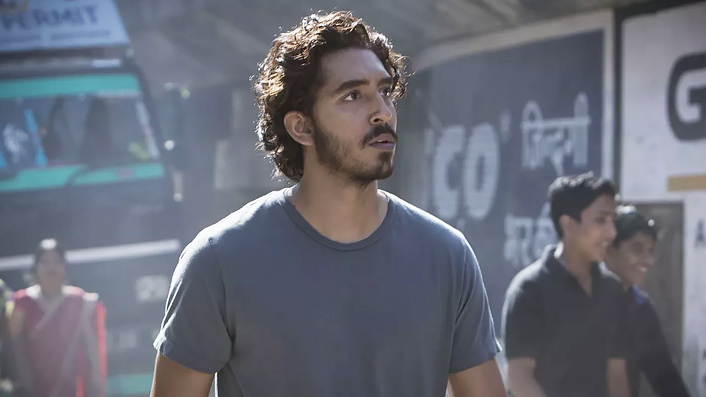
Lion (2016)
Garth Davis’ feature directorial debut is based on the true story of Saroo Brierley (Dev Patel), an Indian-born Australian adoptee who tracked down his birth family decades after being separated from them. David Wenham and Nicole Kidman feature as Saroo’s adoptive parents, with Rooney Mara as his girlfriend. But the emotional heart of the film is his yearning for reconnection with his family and culture. It struck a chord with audiences, too, with Lion becoming one of the most acclaimed and successful local productions in recent memory.
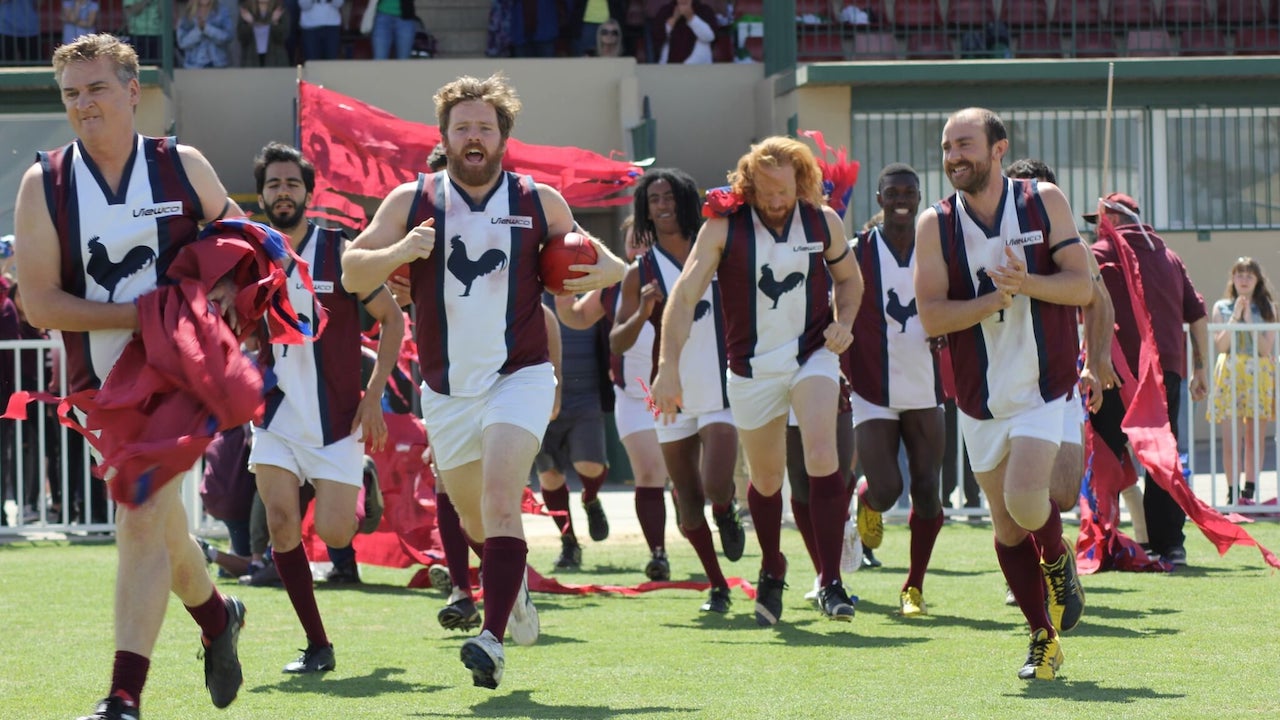
The Merger (2018)
Faced with the dissolution of their struggling club, a country Aussie Rules footy team starts to recruit local refugees into their ranks, leading to plenty of clashes, comedy and—hopefully—some eventual mutual understanding. Adapting his own one man stage show, star and writer Damien Callinan delivers a knockabout dramedy that digs deep into notions of mateship and the fair go, with support from Kate Mulvany, John Howard, Fayssal Bazzi, Josh McConville and Stephen Hunter. For sports-mad Aussies, this one is a must-see.
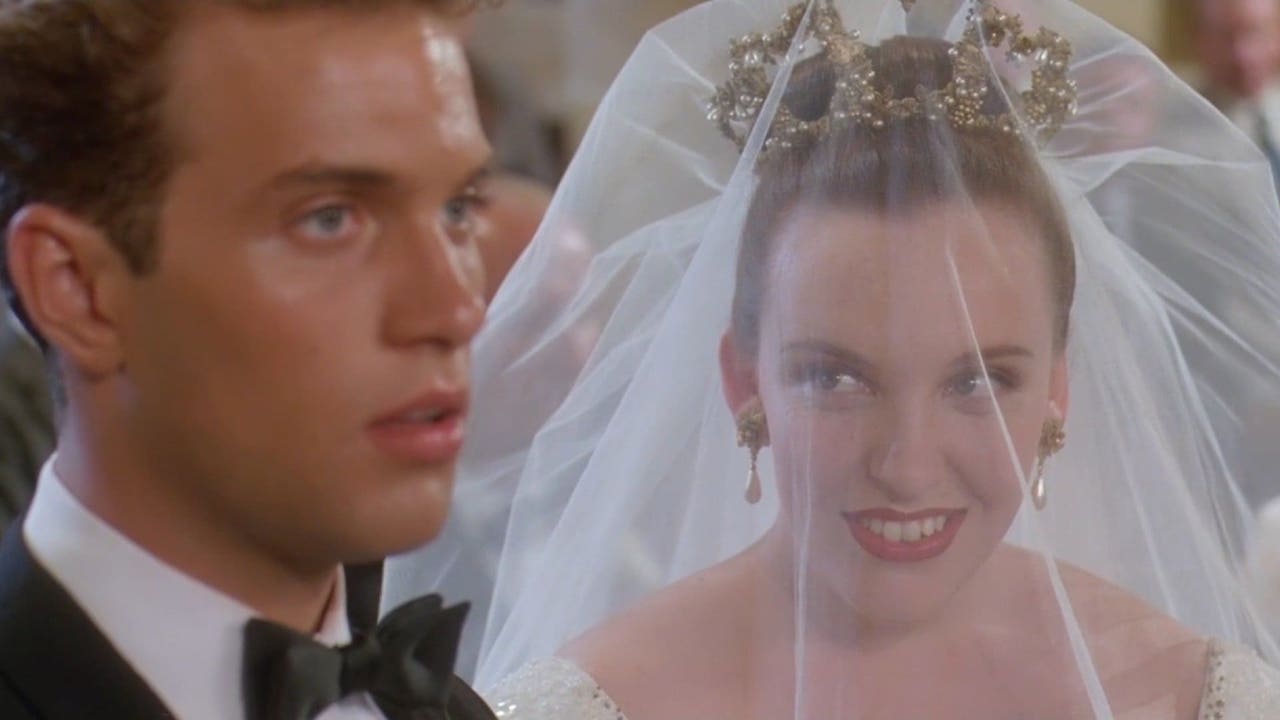
Muriel’s Wedding (1994)
Put-upon and dowdy Muriel (Toni Collette) hates her life in the tiny town of Porpoise Spit and dreams of an extravagant wedding. Seizing her chance for a better life, she embezzles money from her job and hies off to Sydney for a new life with her bestie, Rhonda (Rachel Griffith), but family and fraud are hard to outrun. Pastel-pretty and packed with ABBA tunes, PJ Hogan’s comedy smash hit is a darker and more complicated affair than its reputation suggests, offering thorny moral issues and thematic material among the laughs.
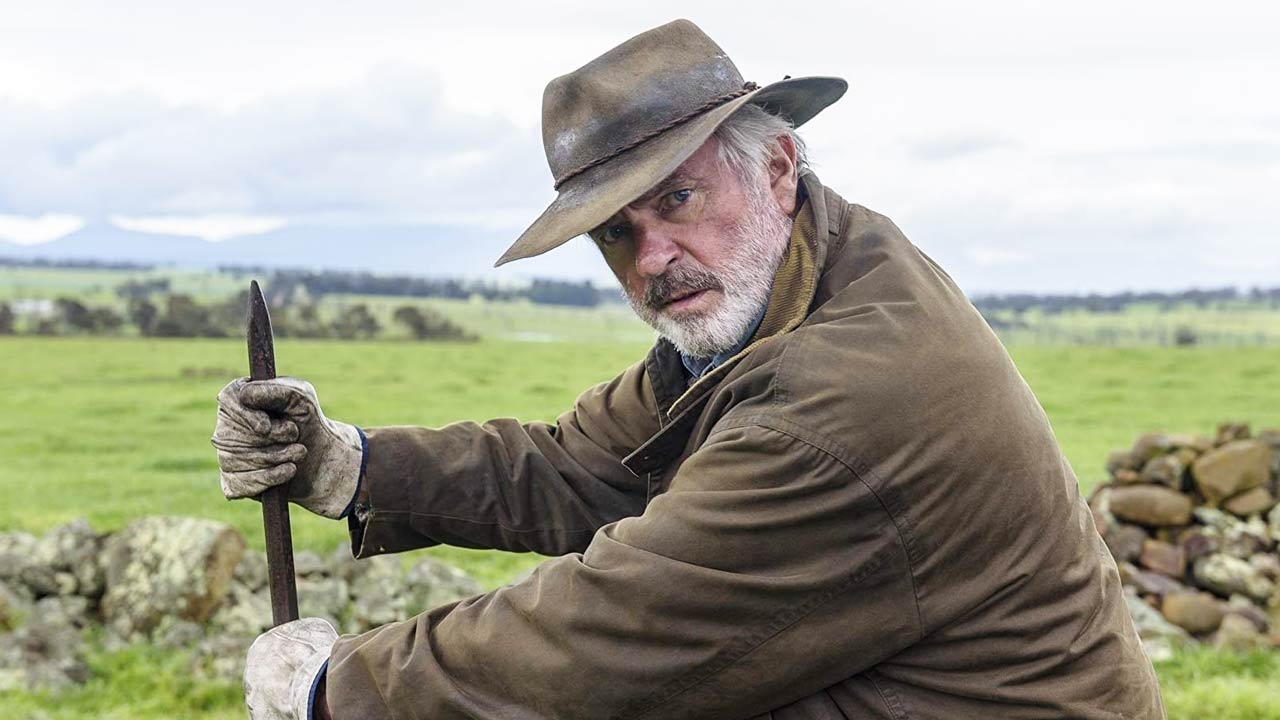
Rams (2020)
Jeremy Sims’ remake of the 2015 Icelandic film of the same name transposes the action to rural Western Australia, where two estranged sheep-farming brothers (Sam Neill and Michael Caton) must try to put aside their decades-long feud when a dangerous disease hits their flocks. Marketed as a larrikin comedy, it’s more of a meditation on age, familial bonds, and stubborn Australian masculinity.
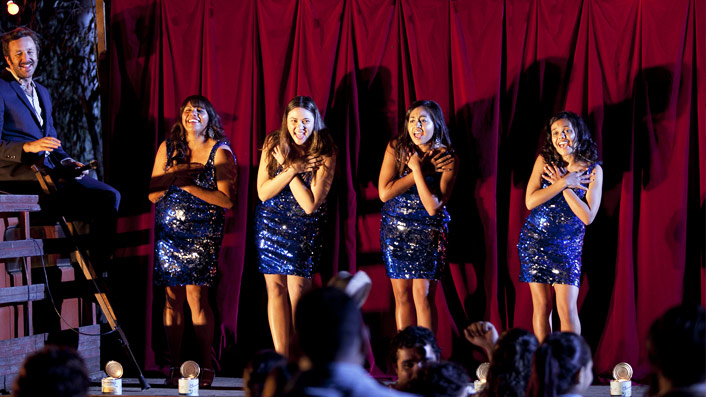
The Sapphires (2012)
Watch on NetflixInspired by true events, this crowd-pleaser sees four Indigenous singers (Deborah Mailman, Shari Sebbens, Jessica Mauboy and Miranda Tapsell) in the 1960s, sick of the closed doors greeting them in their own country, hie off to Vietnam to entertain American troops, under the questionable guidance of Chris O’Dowd’s boozy manager. The Sapphires contains multitudes: it’s a backstage drama, a winning comedy, a musical and a reminder that, yeah, we’re a pretty racist country when you get right down to it. Make it a double feature with director Wayne Blair’s Top End Wedding, also on Netflix.
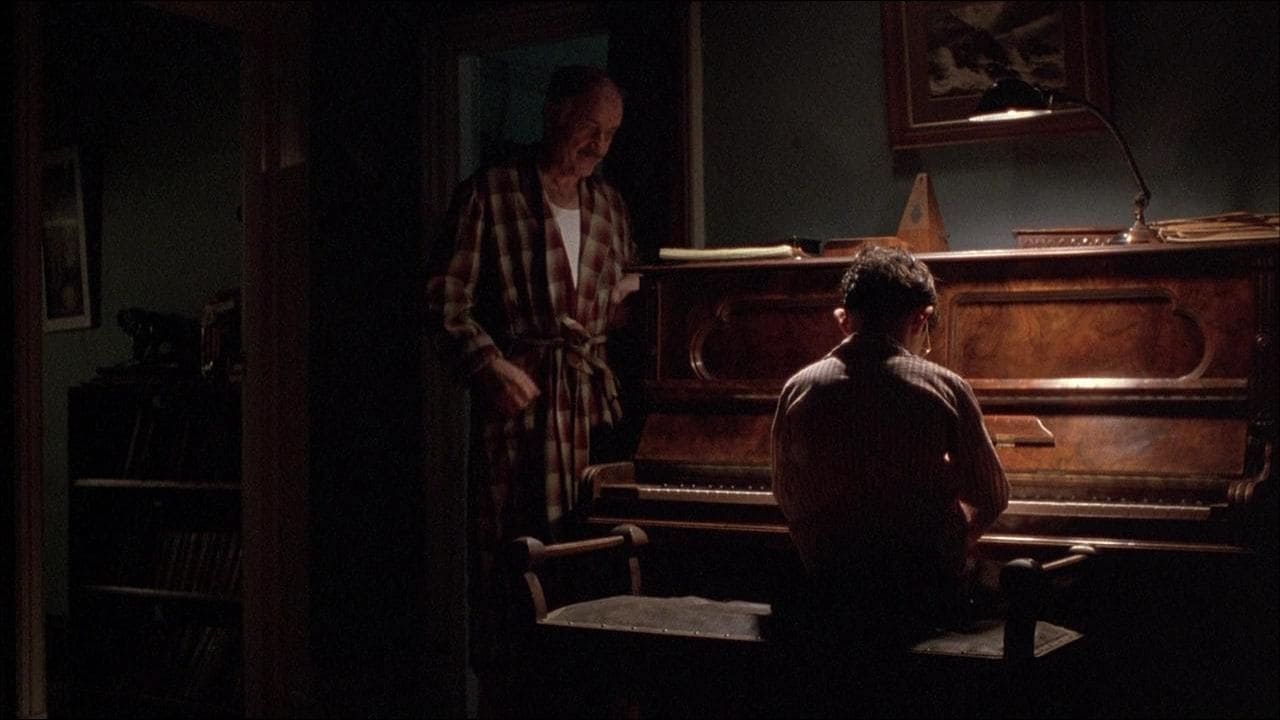
Shine (1996)
Acclaimed Australian pianist David Helfgott gets the biopic treatment from filmmaker Scott Hicks. The result is a stirring, beautiful and deeply human account of both prodigious talent and Helfgott’s ongoing battles with mental illness. Noah Taylor is the young Helfgott and Geoffrey Rush the elder, a superbly talented musician who suffers under the merciless demands of his perfectionist father (Armin Mueller-Stahl), but reclaims some semblance of self-determination in his later years largely thanks to the love of his wife, Gillian (Lynn Redgrave). Showered with praise upon release, Shine still stands as one of our finest films.
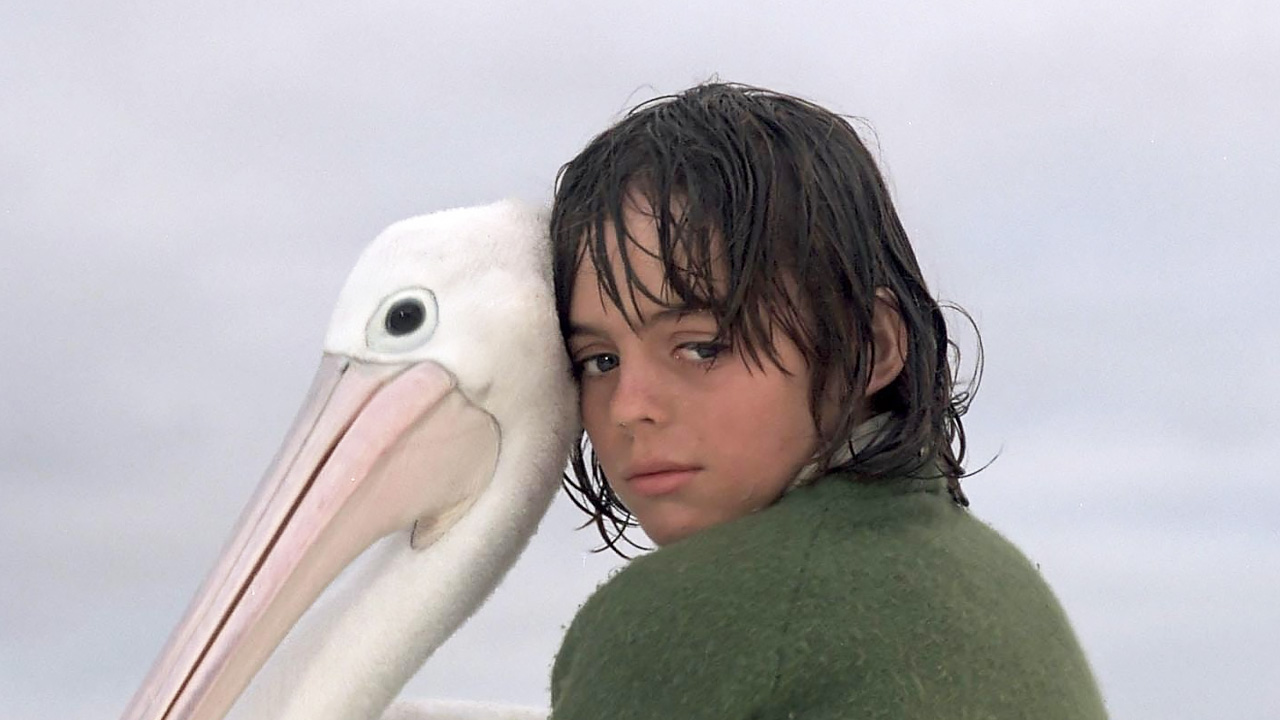
Storm Boy (1976)
Colin Thiele’s novel is a primary school perennial familiar to every Australian schoolkid, who almost certainly saw this adaptation in class. The titular character is Mike (Greg Rowe), a lonely boy living on a remote beach with his outcast father, Hideaway Tom (Peter Cummins). Befriending local Indigenous man Fingerbone Bill (the late and great David Gulpilil), Storm Boy undertakes to raise three orphaned pelicans, in the process coming to understand much about life, death, loss, and his place in the world.
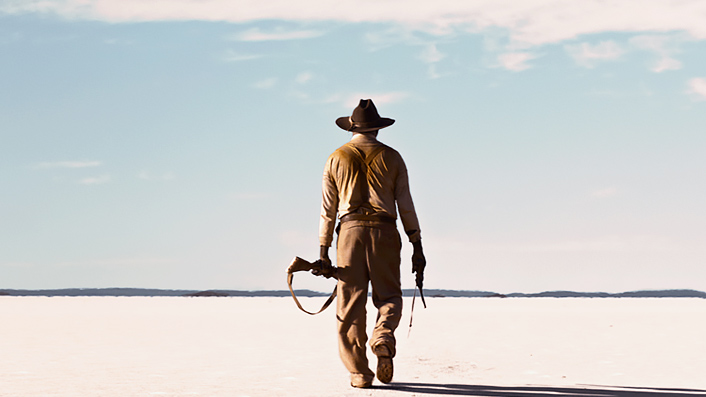
Sweet Country (2017)
Warwick Thornton’s confronting meat pie western follows Indigenous man Sam (Hamilton Morris) who is on the run from white cop Fletcher (Bryan Brown) in post-WWI Northern Territory. Sam’s killing of the drunken, murderous farmer Harry (Ewen Leslie) is justified, but the odds of an Indigenous man getting justice are, well, nil. A beautifully shot tragedy boasting a stacked cast (Sam Neill, Matt Day and Thomas M. Wright co-star) that demands we grapple with our racist colonial past. Thornton’s Samson and Delilah is also on Stan.
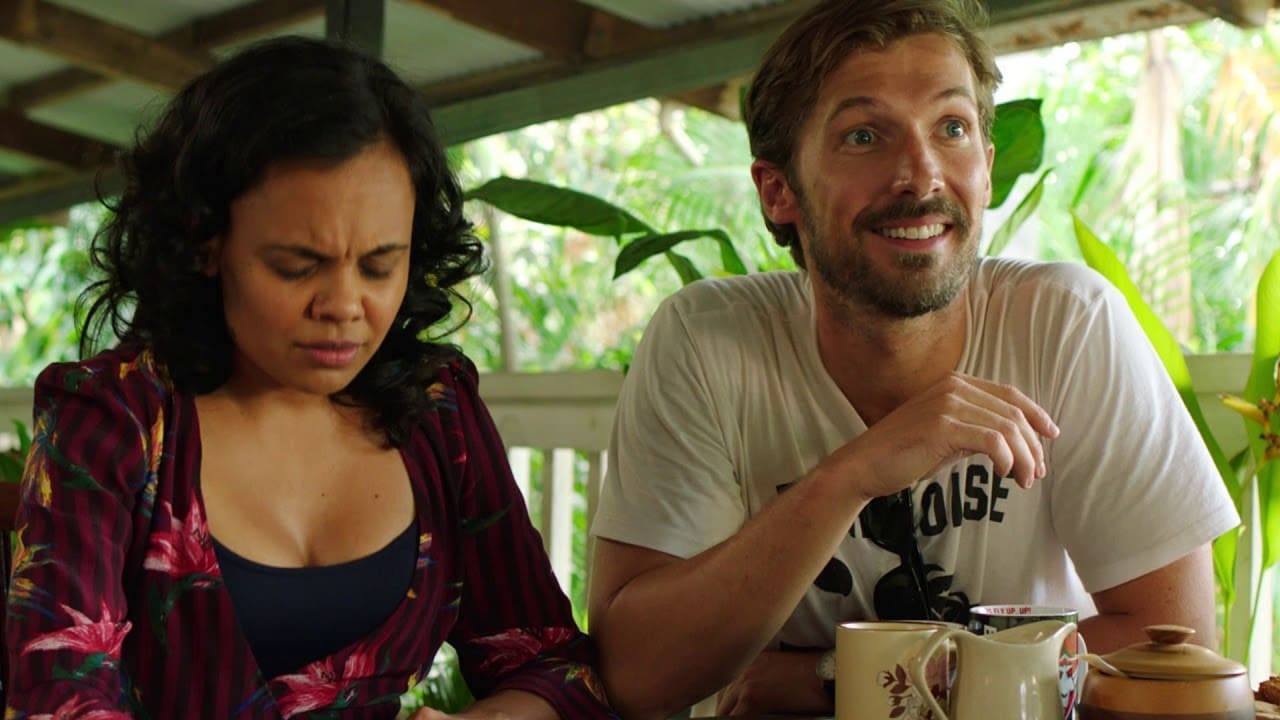
Top End Wedding (2019)
Miranda Tapsell’s ambitious big city lawyer is all set to marry nice guy Gwilym Lee in Darwin, only to learn that her mother (Ursula Yovich) has left her father. Setting off in search of her errant mum takes her on an odyssey across the Top End and into her own Indigenous heritage. Acclaimed director Wayne Blair’s breezy romcom is a delight, serving as a showcase for both Tapsell’s immense charisma and the natural beauty of the Far North.
![]()
The Tracker (2002)
The wonderfully fertile creative partnership between director Rolf de Heer and actor David Gulpilil begins here, with the latter playing an Indigenous tracker pressganged into helping three policemen (Gary Sweet, Damon Gameau and Grant Page) hunt down a murder suspect in the remote South Australian outback of the 1920s. A haunting and deeply allegorical tale, The Tracker is not the first film to deal with the legacy of Australian colonialism, but it is arguably ground zero for 21st century Australian cinema’s ongoing attempt to grapple with our racist past (and present) in meaningful and confronting ways.
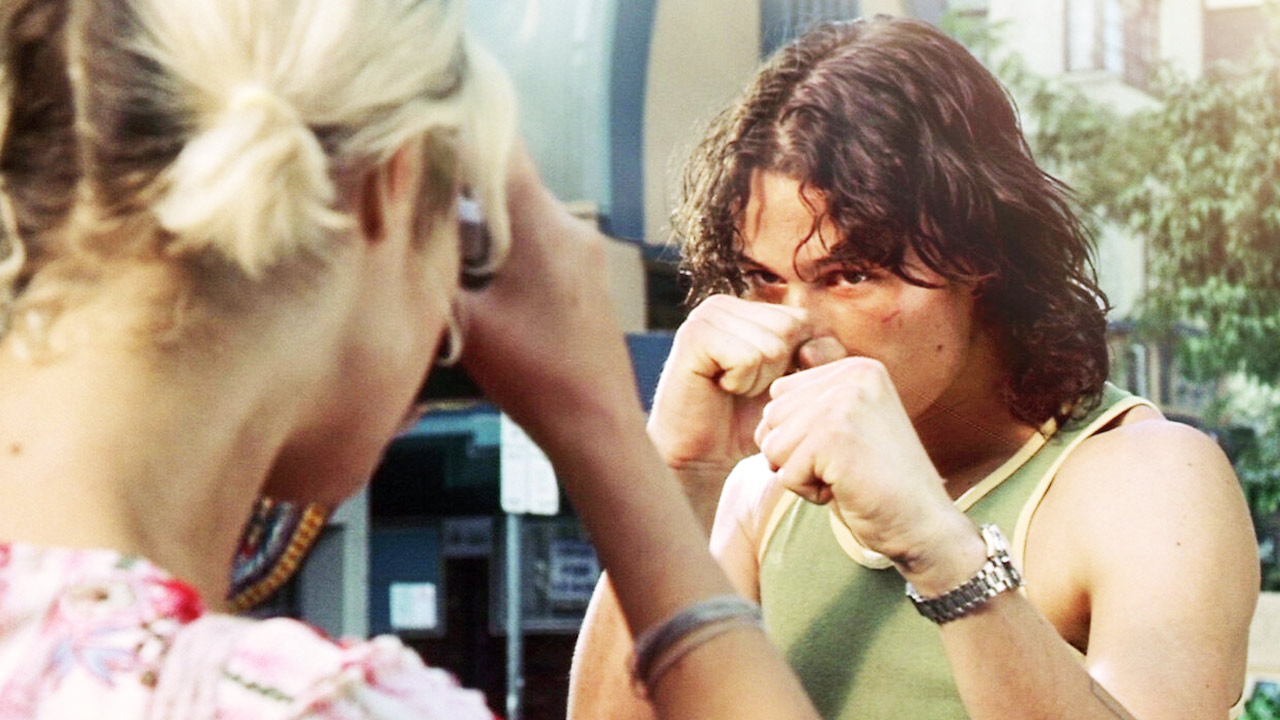
Two Hands (1999)
Gregor Jordan’s debut feature sees Heath Ledger’s wannabe Kings Cross criminal Jimmy fall afoul of Bryan Brown’s rough-hewn mob boss Pando when he loses $10,000 (the titular “two hands”) he’s been tasked with couriering from one node of the criminal empire to another. Jimmy kind of has it coming—he loses the cash when he decides to flirt with Rose Byrne’s Alex at Bondi Beach instead of carrying out a pretty simple job. Still, charisma counts for a lot and Two Hands has it in spades; this is the movie that put Ledger and Byrne on the map. Cracking soundtrack, too.

